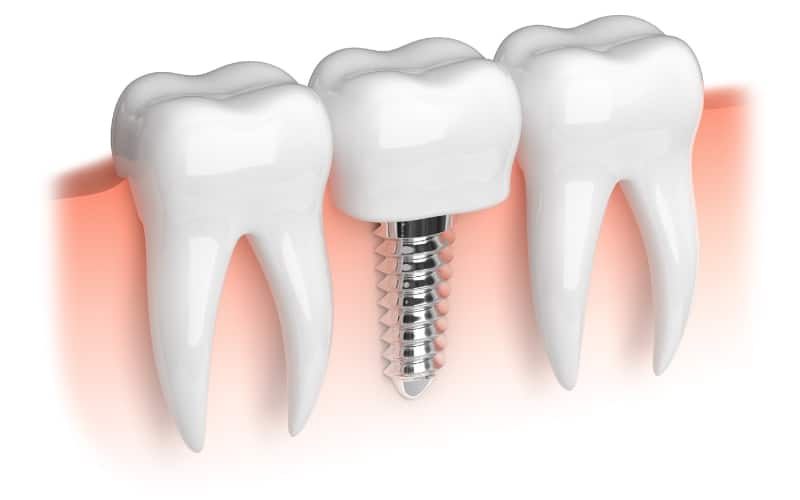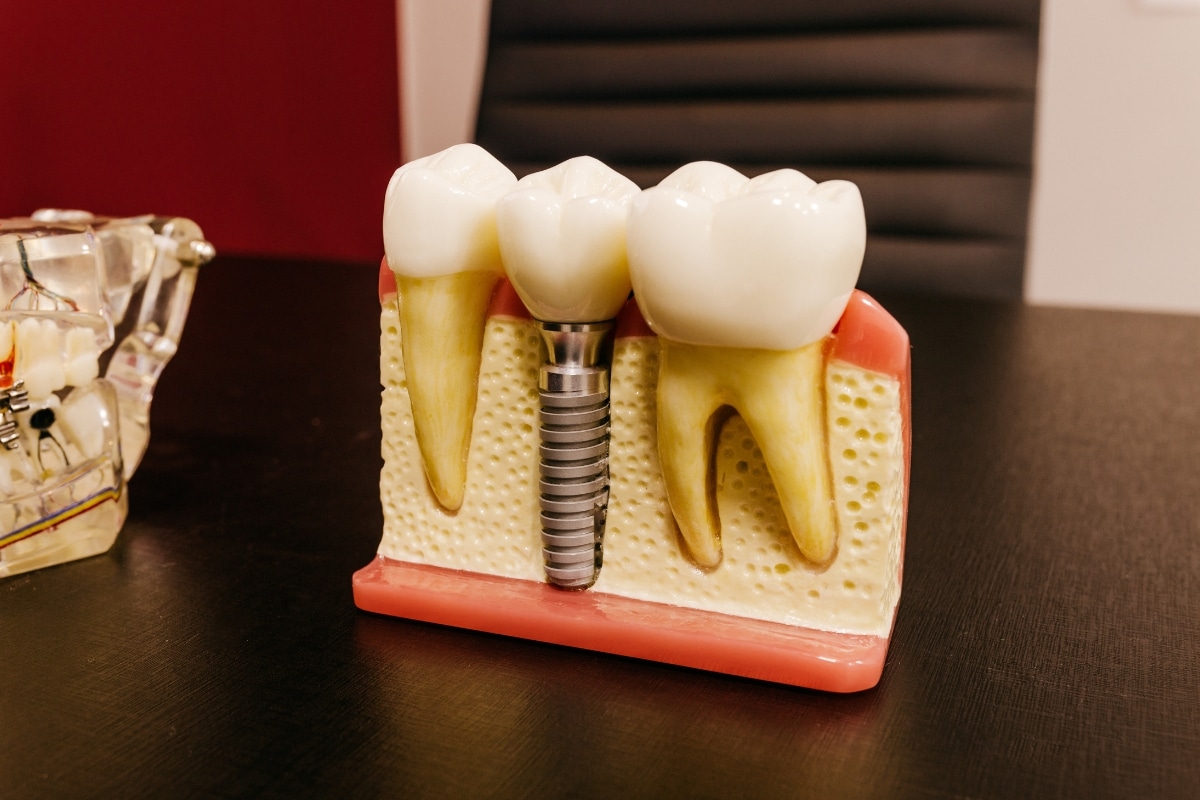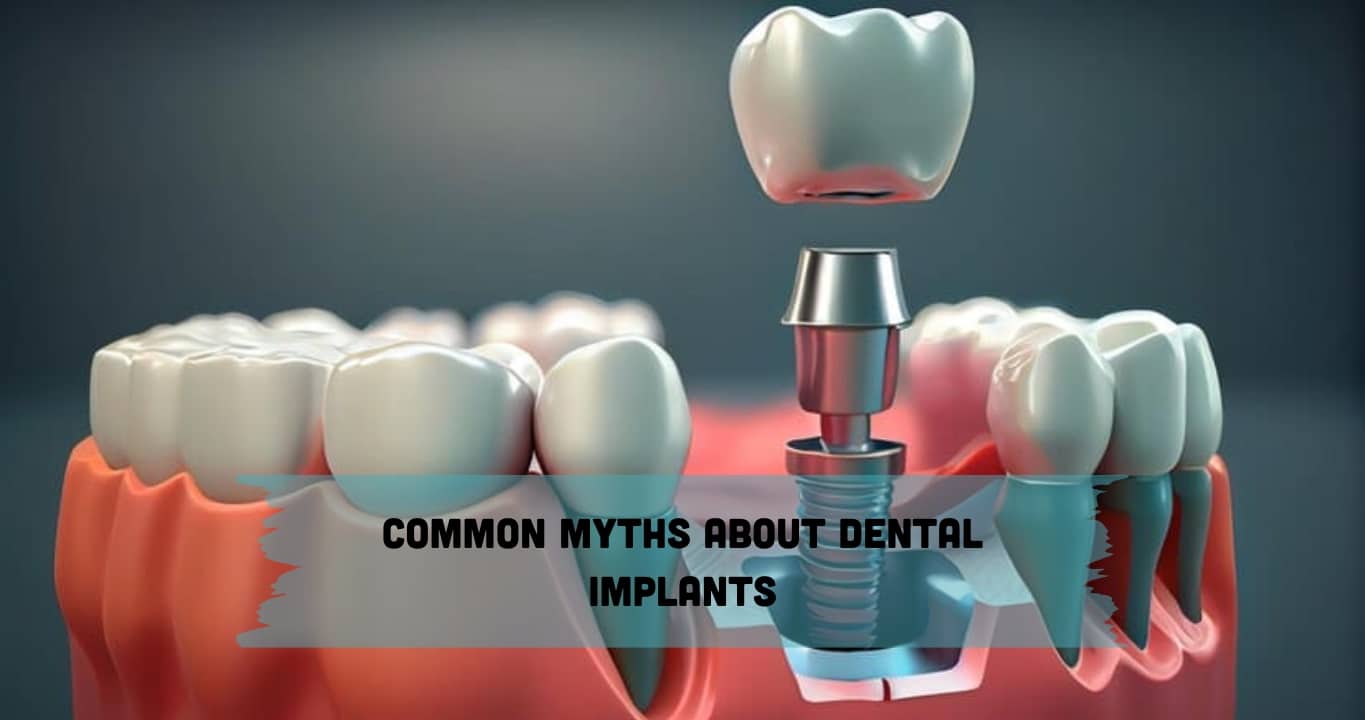
Dental implants are a popular and effective solution for replacing missing teeth, offering a long-term option that mimics the look and function of natural teeth. However, like any surgical procedure, dental implants come with potential complications. Understanding these complications, how to prevent them, and the available treatments is crucial for anyone considering a Dental Implant. This blog will provide an in-depth look at the common issues that can arise with dental implants and the best practices for ensuring a successful outcome.
Common Dental Implant Complications
1. Peri-Implantitis
Peri-implantitis is one of the most common complications associated with dental implants. It is an inflammatory condition that affects the soft and hard tissues surrounding the implant, similar to periodontitis around natural teeth. This condition can lead to bone loss and, in severe cases, the failure of the implant.
- Prevention: Good oral hygiene is crucial in preventing peri-implantitis. Regular brushing and flossing, combined with professional cleanings, can reduce the risk of bacteria buildup around the implant. Patients should also avoid smoking, as it significantly increases the risk of infection.
- Treatment: Early stages of peri-implantitis can be treated with non-surgical methods, such as deep cleaning and antibiotics. In more advanced cases, surgical intervention may be necessary to remove infected tissue and regenerate lost bone.
2. Implant Failure
Although dental implants have a high success rate, implant failure can still occur. Implant failure may happen shortly after the procedure or years later, often due to inadequate osseointegration (the process where the implant fuses with the jawbone).
- Prevention: Proper planning and evaluation before the procedure are key to preventing implant failure. Ensuring sufficient bone density and avoiding immediate loading of the implant can help improve the chances of successful osseointegration. Following your dentist’s post-operative care instructions is also essential for healing.
- Treatment: If an implant fails, the first step is usually to remove it. After a period of healing, a new implant may be placed, often requiring bone grafting to create a stable foundation.
3. Nerve Damage
Nerve damage is a rare but serious complication that can occur if the implant is placed too close to a nerve. This can lead to pain, numbness, or tingling in the lips, chin, or gums.
- Prevention: Thorough planning and imaging, such as using 3D scans, can help your dentist avoid nerves during the placement of the implant. Choosing an experienced dental implant specialist is crucial to minimize this risk.
- Treatment: If nerve damage occurs, it may require the removal or repositioning of the implant. In some cases, the nerve may heal over time, but other cases might need further intervention from a specialist.
4. Sinus Problems
For implants placed in the upper jaw, particularly in the back of the mouth, there is a risk of the implant protruding into the sinus cavity. This can cause sinus infections or other complications.
- Prevention: A sinus lift, a procedure that adds bone to the upper jaw in the area of the molars and premolars, may be performed to create a stable base for the implant and avoid interference with the sinuses.
- Treatment: If an implant has caused sinus issues, it may need to be removed, and the sinus infection will be treated with medications. After resolving the sinus issue, the implant placement may be reattempted with proper precautions.
Post-Operative Care to Prevent Complications
The success of a Dental Implant in Midwest City largely depends on proper post-operative care. Here are some critical steps to ensure a smooth recovery and prevent complications:
- Maintain Oral Hygiene: Keeping the implant site clean is essential to prevent infections. Brush and floss as recommended by your dentist and consider using an antimicrobial mouthwash to reduce bacterial growth.
- Follow Dietary Restrictions: After the implant surgery, stick to a soft diet to avoid putting pressure on the implant site. Reintroduce harder meals gradually as the healing process advances.
- Stop Smoking: Smoking raises the risk of implant failure and can impede healing. If you smoke, you might want to give it up before getting implants.
- Regular Dental Visits: Regular check-ups allow your dentist to monitor the healing process and address any issues early. Professional cleanings are also crucial to maintaining the health of your implant.
Treatment Options for Dental Implant Complications
If you experience complications with your dental implant, several treatment options are available depending on the issue:
- Antibiotics and Cleaning: For infections like peri-implantitis, deep cleaning combined with antibiotics may be sufficient to manage the condition.
- Bone Grafting: In cases of bone loss, bone grafting can be used to rebuild the jawbone and provide a stable foundation for a new implant.
- Surgical Revision: If an implant is not properly positioned or has failed, surgical removal may be necessary, followed by a healing period and possibly the placement of a new implant.
- Nerve Treatment: If nerve damage occurs, treatment may involve removing the implant and managing the nerve injury. Referral to a specialist may be necessary for further care.
While dental implants offer a durable and aesthetically pleasing solution for missing teeth, being aware of potential complications is important for anyone considering this procedure. By understanding the risks, taking preventative measures, and seeking prompt treatment when necessary, you can increase the chances of a successful outcome. If you’re considering a Dental Implant in Midwest City, consult with an experienced dentist to discuss your options and ensure you receive the best care possible. With proper planning and care, dental i




